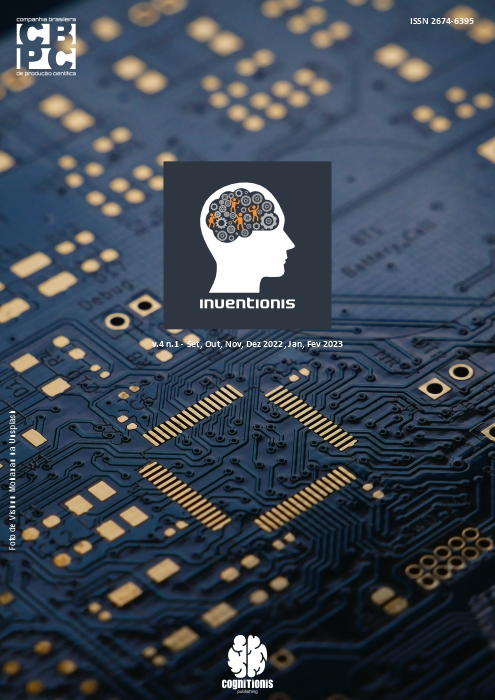Pathology analysis in a metal structure building: case study in the rural area of Brasnorte (MT)
DOI:
https://doi.org/10.6008/CBPC2318-3055.2021.003.0005Keywords:
Steel structure, Pathology, CountrysideAbstract
This work aims to present a study to identify pathologies presented in a metallic shed on a farm in the city of Brasnorte - MT. Large grain-producing farms need a sector to maintain machinery and lease these, such large machines require structures with high ceilings, large spans, which resist the actions of the winds, own weight and demanding moments. In farm sheds, in addition to the weather, it is noteworthy that the maintenance of machinery and equipment can generate residues such as grease, oils, in addition to the use of agricultural inputs such as fertilizers and pesticides can contribute to the formation of pathologies. Corrosion was observed in the pillars of the metal structure that is in direct contact with the soil, this being a planting region, there is a large presence of substances in the soil that can have a corrosive characteristic such as fertilizers and pesticides, which tend to increase the pH of the soil thus generating an aggressive medium to metallic substances. Another pathology presented was in the metallic lattice of the shed and there was a deformation in the upper flange for not following the details of the project. It was concluded that the problems occurred due to failures in execution. The execution of the assembly service in distant locations, such as farms in the interior of the state, must have extremely strict control, following the projects and the details provided, as if the work were to be carried out in the city. Execution with adaptations made at the place of execution by unqualified professionals, or even by the owner, cannot be admitted.
Downloads
Downloads
Published
Issue
Section
License
Copyright (c) 2022 Engineering Sciences

This work is licensed under a Creative Commons Attribution-NonCommercial-NoDerivatives 4.0 International License.
The CBPC - Companhia Brasileira de Produção Científica (Brazil CNPJ: 11.221.422/0001-03) the material rights of the published works. The rights relate to the publication of the work anywhere in the world, including rights to renewals, expansions and dissemination of the contribution, as well as other subsidiary rights. All electronically published works may subsequently be published in printed collections under the coordination of this company and / or its partners. The authors preserve the copyright, but are not allowed to publish the contribution in another medium, printed or digital, in Portuguese or in translation.








